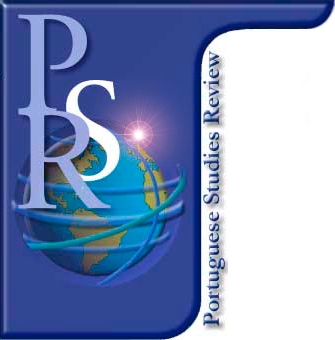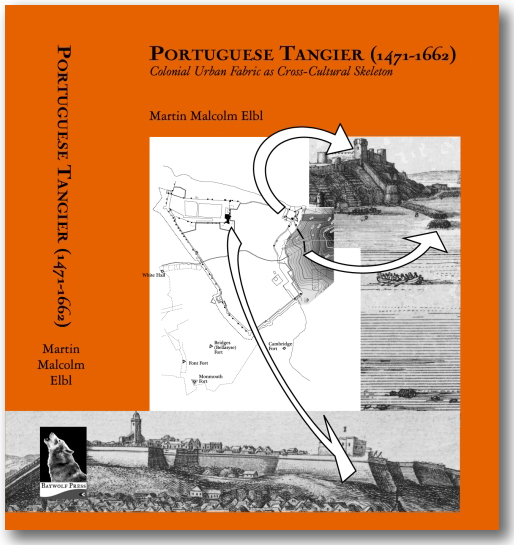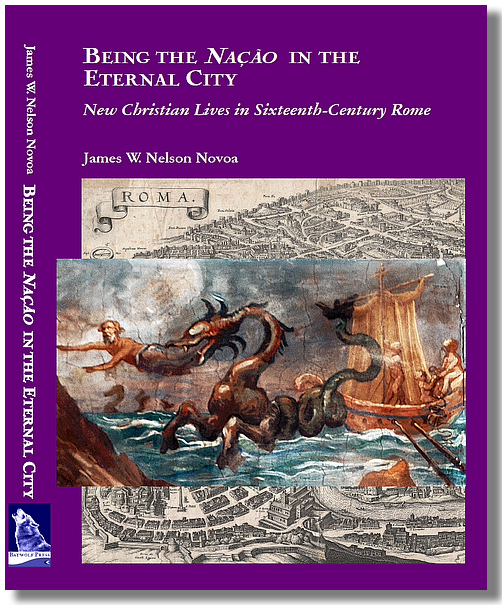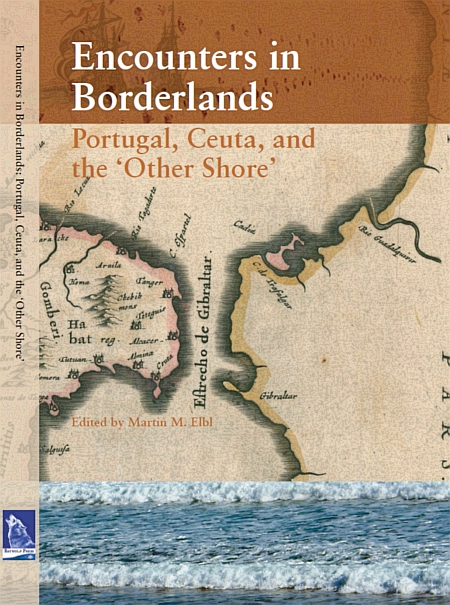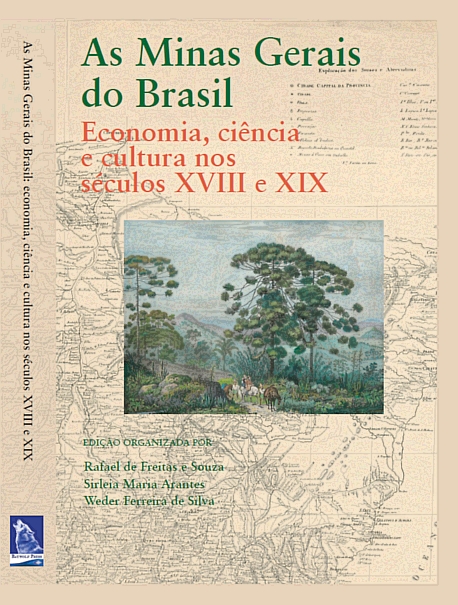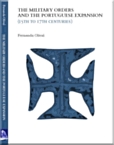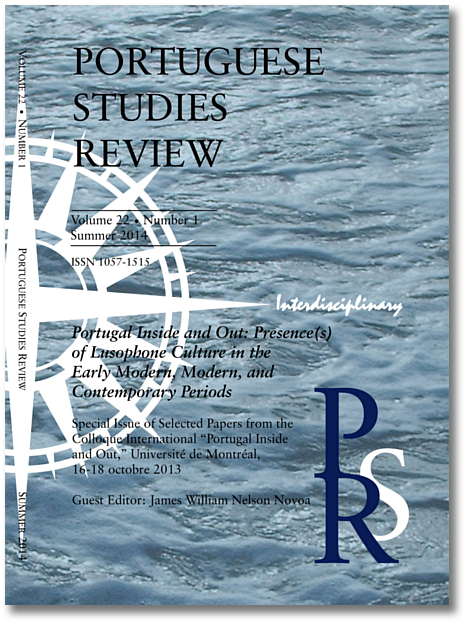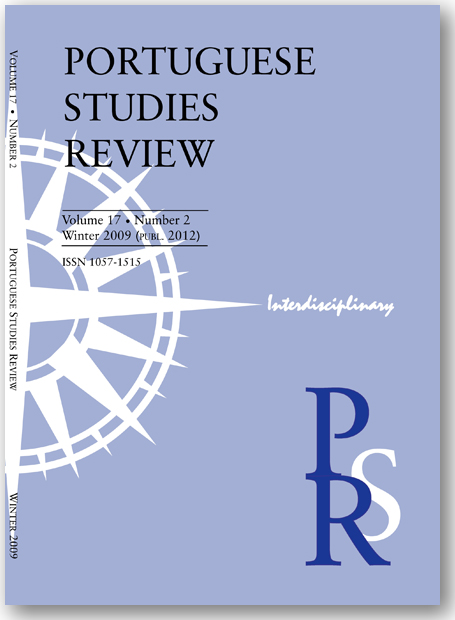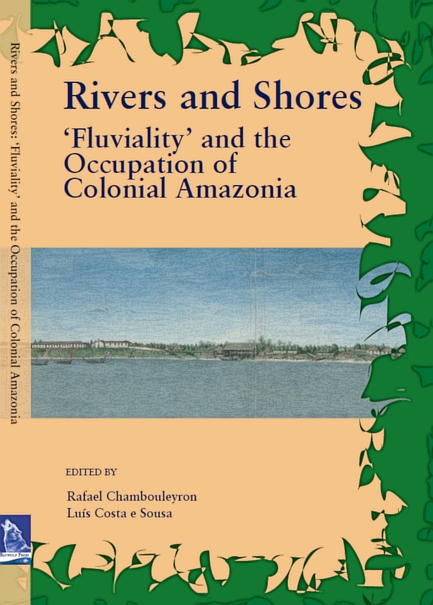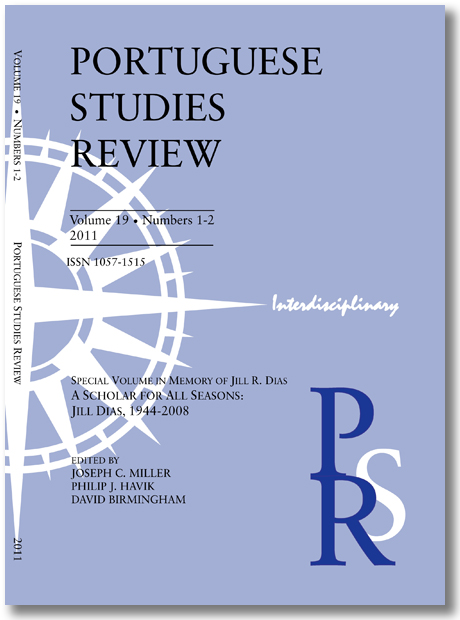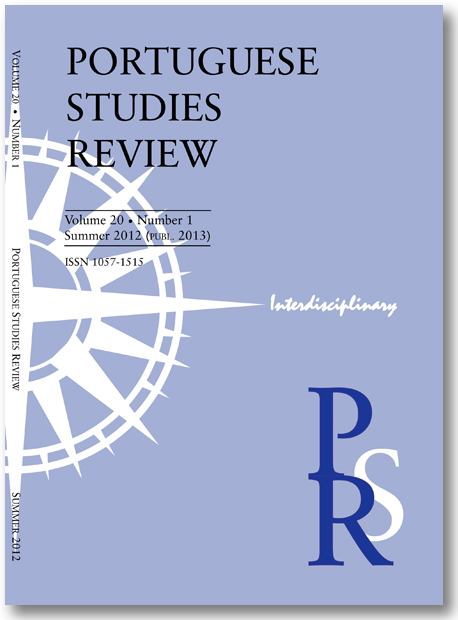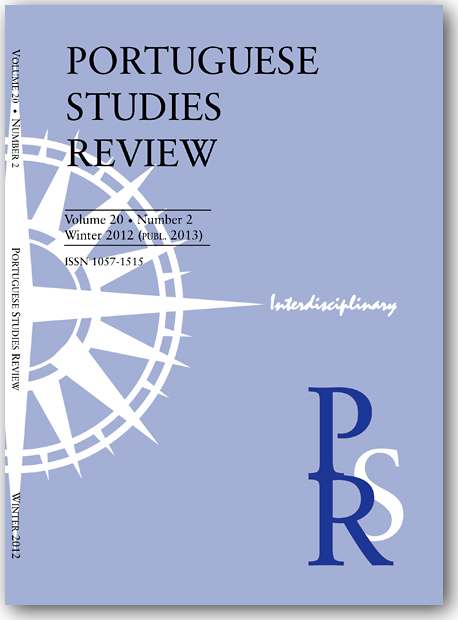|
PSR Manuscript Submissions: Compact Checklist
If, for yourself, you can answer 'YES' in all nine categories below, your manuscript is ready to be e-mailed to the Review or submitted to the external organizers of a Focus Issue or Special Issue. Short, simple, no complications, no verbiage, no lengthy 'Style Sheets'. There is nothing interactive in the Table below, and it is NOT a survey or anything of the sort. Just simple informaiton.
| 1. Submission is in .odt (OpenOffice), .or doc. or .docx (Microsoft) file format |
YES or NO |
| 2. Submission includes separate cover page file with author's name, institutional affiliation, phone and/or fax numbers, and e-mail. The body of the work does not contain any personal identification elements, to speed up double-blind peer review |
YES or NO |
| 3. Submission includes c. 150-word abstract, in the language of the paper |
YES or NO |
| 4. Submission in a language other than English also includes an English abstract (this is simply a step that facilitates disseminating the work to varied audiences through the vehicle of commercial indexing services, many of which unfortunately no longer employ competent and academically trained multi-lingual abstractors) |
YES or NO |
5. Footnote format complies with PSR style (for details, see here  ). Further extensive examples of actual published articles and their formatting can be obtained from most of the recent (post-2015) samples here ). Further extensive examples of actual published articles and their formatting can be obtained from most of the recent (post-2015) samples here  |
YES or NO |
6. Submission is accompanied by signed copy of author copyright release (available for printing or download here  ). Attach a signed image to your e-mail (you can save data 'as image' from almost any 'office' suite, of whatever brand and flavour). The form is a widely compatible fillable PDF. With the exception of the signature, you can type data directly into the form if your PDF reader or 'office suite' supports the commonplace 'fillable form' protocol. ). Attach a signed image to your e-mail (you can save data 'as image' from almost any 'office' suite, of whatever brand and flavour). The form is a widely compatible fillable PDF. With the exception of the signature, you can type data directly into the form if your PDF reader or 'office suite' supports the commonplace 'fillable form' protocol. |
YES or NO |
| 7. All accompanying graphs are mounted into the file or at the end of the text WITH full embedded underlying data for all graph series or datapoints, not as simple JPGs or other image formats |
|
8. All accompanying artwork (maps, drawings, diagrams, etc.) is accompanied, where applicable (that includes all instances where the author is not the direct creator of the artwork or the artwork is not in 'public domain) by a copyright permission from the actual copyright holder (individual, archive, museum, gallery, library, repository, image bank, other institution, press, etc.), and meets PSR technical specifications (for instructions see here)  |
YES or NO |
9. The abstract (and submitted article) are NOT mere raw machine-'translations' into another language (for details see here  ) ) |
YES or NO |
Please be aware that if your text does not meet the requirements of PSR format (footnotes, note format), you may have to be billed for the actual work-time cost of note format adjustment and other changes. Most journals, both print and on-line, request that their preferred note format be respected. So does the PSR. There really is no difference between hard copy print or online (streamed text), when it comes to required note format-- required format remains required format. Recoding for digital streaming does not change that in any way. Also, the more your text is "ready-to-go" the faster it will get published.
The requirement at Point 7 reflects the fact that the PSR has been repeatedly receiving quantitative graph files (social sciences, etc.) that are embedded in the text of submissions as low quality images only (generally low density JPGs -- low density = DPI lower than 300, typical generic Internet resolution is 75 to 95 DPI, which is NOT publishable). Such images may work just fine in a conference or lecture-hall PowerPoint, but they are not ready for print, or may become illegible when reduced to operating page size. We need to be able to reformat your graphs completely, if necessary, and that means having the embedded quantitative data accessible within your graph. Please, when submitting quantitative graphs, submit the graph with the embedded spreadsheet that contains the data from which your graph was generated. It will save time, all around. Otherwise we have to contact you, and ask for the spreadsheet underpinning the graph, anyway.
Please avoid sending larger files (over 1 Mb in size) to our general e-mailbox. At the very least ZIP-compress your large files. It is easy. It also protects your data integrity to some extent, during e-mail transit. Or post the files on any of the numerous Cloud Servers or for-free file secure storages, anywhere on Planet Earth, from where we can pull them (e-mail us the URL, have the service notify us that you posted the files, whatever). Or post the files on a university server where you have allocated space privileges, and send us a public URL to the specific files. Whatever happens to work. You can also FTP files to us (VERY old-style procedure, last century). For FTP access instructions, contact the Editors.
PSR Retractions and Corrections
In accordance with previous trends in academic publishing, the PSR has instituted a formal procedure for retractions as well as for amendments and corrections after publication. All such measures have serious implications. The procedure was designed so that it could not (a) be used frivolously, or (b) activated to resolve entirely trivial situations such as "oh, I still wanted to add this and change that ... ." We have however, AS OF NOW (2024), explicitly and sharply modified the practice, in light of the past four years (2020-2024) of provable ideological scandals at major journals and institutions. “The retraction process itself is what is broken. Instead of allowing debate to play out in public, through letters and responses in the journal, dissenting opinions and unpopular narratives are canceled.” Henceforth, all and any potential 'retraction' procedures at the PSR, whatever they might be, will be fully thrown open for unlimited open and explicitly public debate. It is high time and well past due for any of those who might want to 'Censor' by mandate, ideologically, politically, and anonymously--in the dark, to face ethical and professional consequences.
Our retractions and corrections procedure is shaped by the following context. The PSR dissents from all recent ideological proposals to coin fashionable semantic novelty terms to replace "retraction," terms which would presumably make it somehow easier for
researchers, universities, think tanks, journals, and funded activists to signal errors without 'feeling bad'. This amounts to sheer obfuscation. We dissent from suggestions such as “You have to change the language” (a suggestion made e.g. by Nicholas Steneck, Head of Research Ethics and Integrity Program, Michigan Institute for Clinical and Health Research, Ann Arbor). Too much language is already being changed to absolutely no good purpose at all, just so that someone, somewhere, for some reason, could save face or could assuage volatile emotions or could financially exploit a situation for deliberately litigious purposes (or for getting more funding).
There is zero need to proliferate novelty terms and "change the language" just to find yet another way around things that are perfectly normal. The PSR adheres in this respect to standard dictionary meanings. They work. "Retraction" (full or partial) or a post-publication "correction" do not automatically connote fraud or anything unethical, at all, mind you. If certain academic bureaucracies think the contrary, they are merely cutting conceptual corners and weaponizing words (as common today) for corrupt targeted use in Personnel Committee and ideological turf wars. This is their collective conceptual and political problem. It is not and never will be our problem. It is an issue of impartial Reality. Inadvertent and trivial mistakes happen. Learning from mistakes is inherent in the process of becoming a better scholar. The process is lifelong. It never ends. Everyone benefits from a benign error having been spotted, properly signalled, and duly explained. Thus our decision--throw the process open in the public forum. To those who object, we retort: "What do you fear? Do you actually have something to hide? Really? Oh, how delicious! Let's have a 'Conversation'! Please educate yourselves!"
There are many reasons for an eventual retraction, in those cases where resolution clearly cannot be achieved by publishing a follow-up, an update, or a work that candidly addresses previous shortcomings. Forced retraction (initiated by an academic publisher or by whistleblowers, for instance) is only the most extreme eventuality. AN ENTIRELY UNACCEPTABLE EVENTUALITY IS an ideologically and politically forced retraction fulled by TPTB (The Powers That Be) 'mandates'. At the other end of the spectrum can be one's own profound realization that one has made serious mistakes and that fundamentally one no longer supports or can defend the data and/or the conclusions. Such a retraction, requested by the author(s), can be entirely voluntary. Yes, a full-scale retraction is rarely good. It rarely passes without broader repercussions, unlike a simple correction. The entire scholarly community would be better served, however, by candid retractions of ultimately unsustainable data and arguments. AND BY A CONCERTED 100% rejection of any shaping of results by TPTB. At least we would signal to each other that we are still fully capable of rising above our own limitations and that we are still moderately honest Humans .
| |
Access and Distribution
Look for us at Gale/CENGAGE and EBSCOhost e-resource and database centers in your subscribing library (our abstracts will also be restreamed at ProQuest). Soon on JSTOR. Ask your library to subscribe. Or subscribe in person. Previews of the PSR are available through Google Books (program now discontinued, replaced by previews on our own sites).
BIBLID
National Library of Canada Cataloguing Record
Portuguese Studies Review
ISSN 1057-1515 print
Semiannual
v. : ill. : 23 cm
1. Portugal–Civilization–Periodicals. 2. Africa, Portuguese-speaking–Civilization–Periodicals. 3. Brazil–Civilization–Periodicals. 4. Portugal–Civlisation–Périodiques. 5. Afrique lusophone– Civilisation–Périodiques. 6. Brésil–Civilisation–Périodiques.
DP532 909/.0917/5691005 21
Library of Congress Cataloguing Record
Portuguese Studies Review
ISSN 1057-1515 print
Semiannual
v. : ill. : 23 cm
1. Portugal–Civilization–Periodicals. 2. Africa, Portuguese-speaking–Civilization–Periodicals. 3. Brazil–Civilization–Periodicals.
DP532 .P67 909/.091/5691 20 92-659516
Indexing: American History and Life, Historical Abstracts, International Political Science Abstracts, Political Science Complete, Social Services Abstracts, Sociological Abstracts, Worldwide Political Science Abstracts; EBSCOHost. Archive: Google Books (preview program now terminated, replaced by a preview program on our own sites); GALE/Cengage Learning (Academic OneFile).
|
|
|
| AS OF NOW
| |
